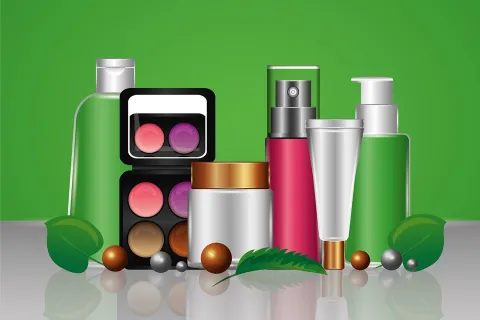
South Korea, known for its vibrant beauty industry, has a comprehensive Regulatory framework in place to ensure the safety and quality of cosmetic products. For companies looking to enter the South Korean market, understanding these regulations is crucial for conducting a successful and compliant business. This blog provides an overview of the key guidelines and requirements for the cosmetic Regulatory framework in South Korea, helping you navigate the complexities and ensuring a smooth market entry.
Regulatory Framework
The cosmetic Regulatory framework in South Korea is governed by the Ministry of Food and Drug Safety (MFDS). The Cosmetic Act is the main law that serves as a legal basis for the industry, while supporting regulations and standards provide detailed requirements for different aspects of cosmetic management.
Classification of Cosmetic Products
Cosmetic products in South Korea are classified into two (02) main categories:
- General Cosmetics: These products do not have specific functional claims and are primarily used for cleansing, beautifying, or promoting attractiveness.
- Functional Cosmetics: These products have specific functional claims such as whitening, wrinkle reduction, UV protection, and hair care.
Registration and Notification
To sell cosmetic products in South Korea, a notification by the Market Authorization Holder (MAH) to the Korean Pharmaceuticals Traders Association (KPTA) is mandatory. Additionally, submission to/registration with MFDS is required for functional cosmetics.
Label and Claims Review
The label and claims review process in South Korea involves evaluating product labels and claims to ensure compliance with Regulatory requirements. This includes ensuring the presence of certain essential elements, such as the ingredients list, symbols, and legal requirements, as well as substantiating claims made about the product.
Natural and Organic Cosmetics
To sell natural and organic cosmetics in South Korea, enterprises must apply for a certificate from MFDS. The approved ingredients for natural or organic cosmetics include natural ingredients, natural-derived ingredients, water, and other permitted ingredients.
Import Procedure
Overseas enterprises must establish a “responsible cosmetic distributor” as an importer and apply for registration with MFDS. The importer is responsible for ensuring the quality and safety of the products and must submit an “entry notice” of imported products to KPTA before importation.
To conclude, understanding the cosmetic Regulatory framework in South Korea is essential for companies looking to enter the market. For seamless entry into the Korean cosmetic market, consult our Regulatory experts at Freyr!









